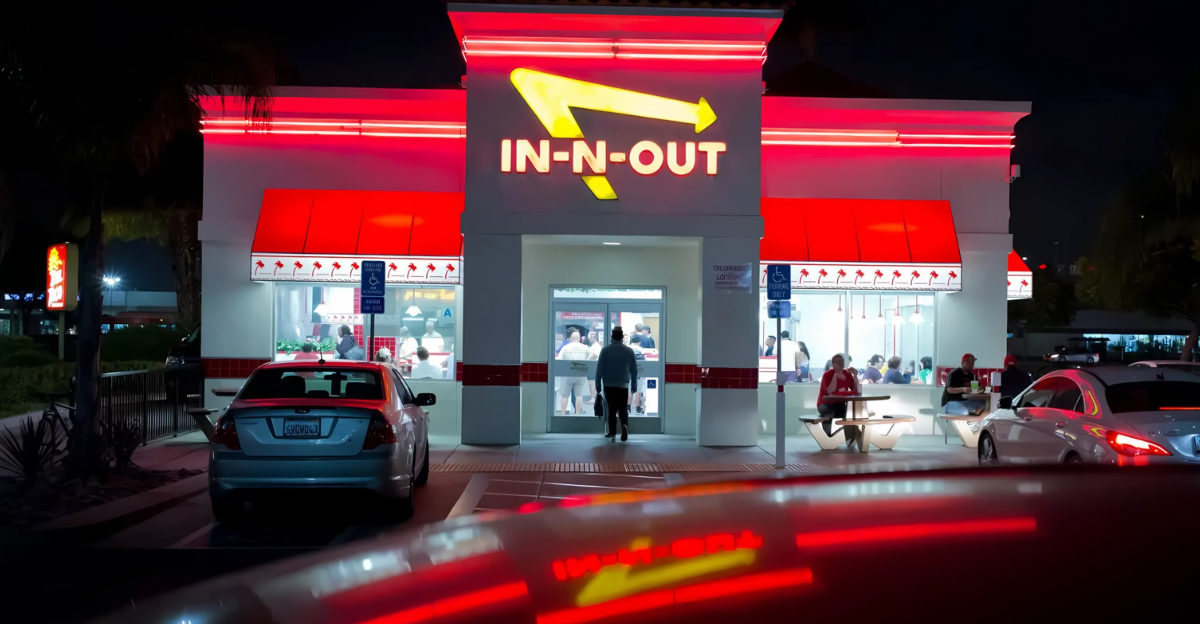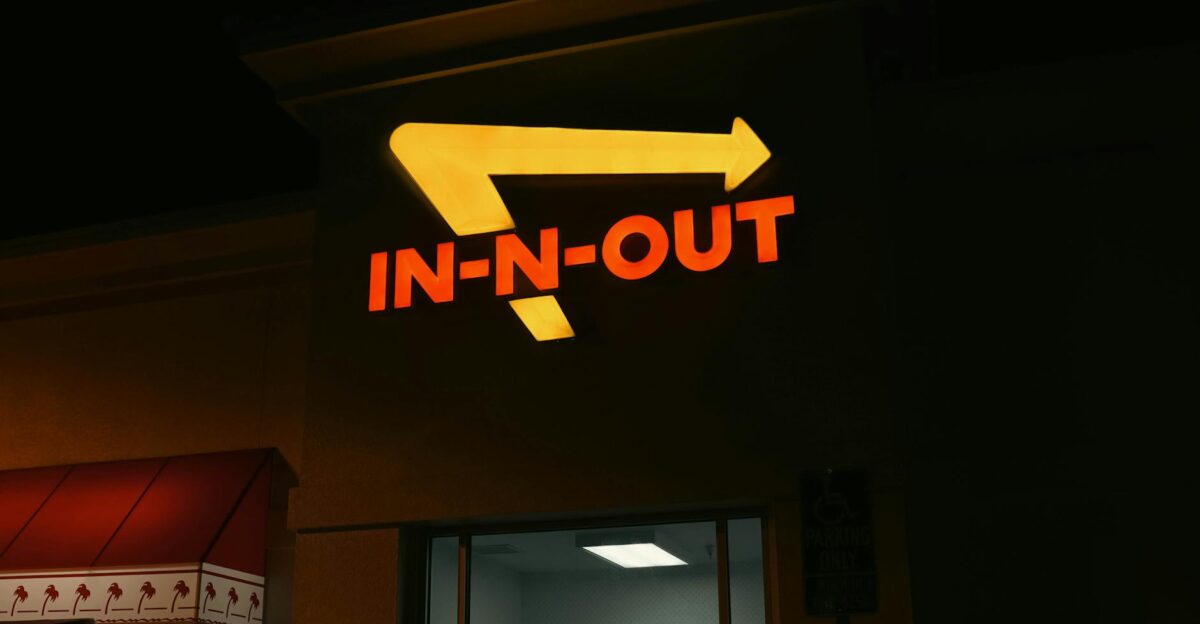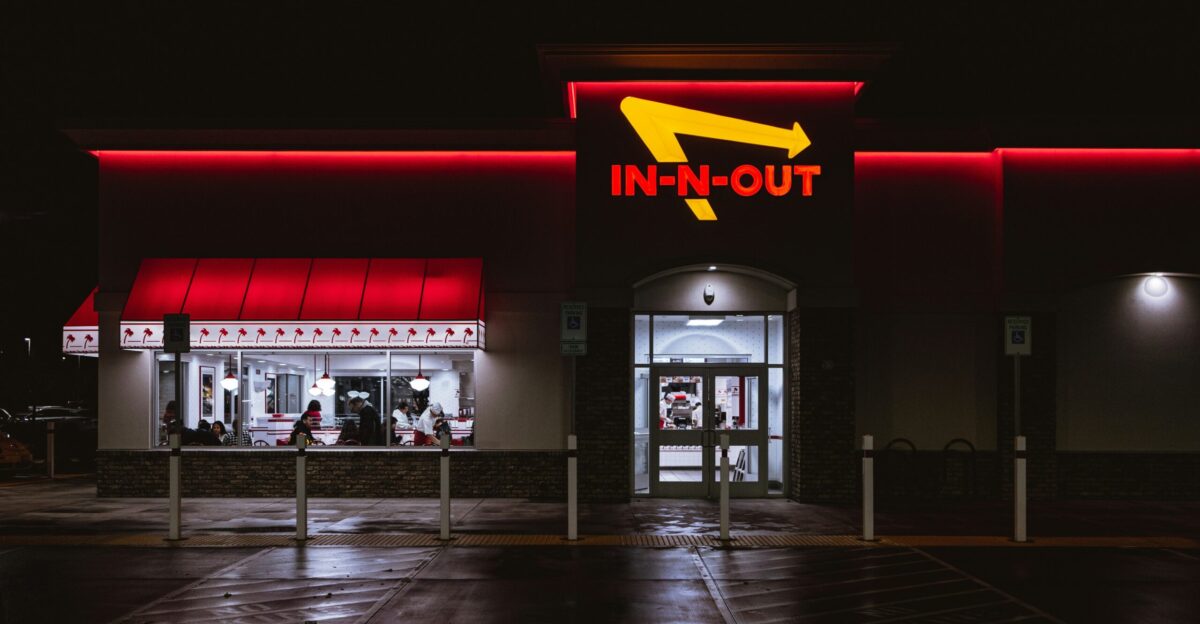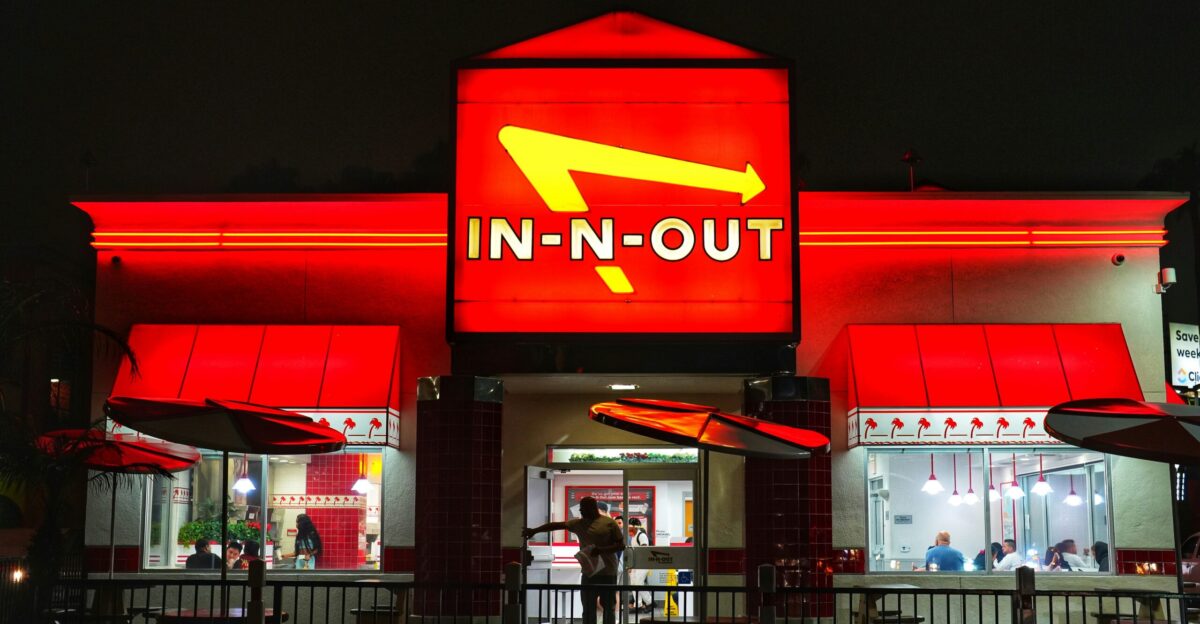
A corporate exodus is reshaping America’s business landscape at an unprecedented pace. In 2024 alone, 96 companies announced they would relocate their headquarters, drawn by states offering more favorable business climates and tax advantages. This wave marks a dramatic resurgence in corporate moves, reversing a two-year lull after the post-pandemic peak in 2021.
California’s major metro areas have been among the hardest hit, consistently losing headquarters as firms seek more competitive environments.
Accelerating Trend

In California, the pace of headquarters departures has accelerated dramatically in recent years. Between 2018 and 2021, 265 companies moved their headquarters out of California, including eleven members of the Fortune 1000. The exodus hit a crescendo in 2021, when relocations occurred at twice the rate of prior years.
That year alone saw a record 153 corporate HQ exits. These departures span virtually every industry – from manufacturing and aerospace to finance and high-tech – underscoring that no sector is immune. Economists note that such widespread losses point to deeper structural challenges in California’s business environment beyond high costs.
Regulatory Pressure

One major factor driving this exodus is California’s increasingly heavy regulatory environment, which intensified during the pandemic. State and local COVID-19 health orders required restaurants and other businesses to verify customers’ vaccination status, and some establishments faced fines or forced closures for non-compliance.
In 2024, California enacted Assembly Bill 1228, raising the minimum wage for fast-food workers to $20 per hour – a 25% jump from the state’s $16 general minimum wage. This wage law took effect on April 1, 2024, immediately driving up operating costs for restaurant chains.
Breaking Point

For some California companies, these mounting pressures reached a breaking point, leading to unprecedented decisions. In-N-Out Burger, the iconic fast-food chain, was at odds with local mandates during the pandemic. In 2021, the company openly defied Bay Area health orders that required checking customers’ vaccine cards – a stand that resulted in fines and even temporary closures of indoor dining at some locations.
This regulatory standoff was only part of the strain. In Oakland, rising crime further imperiled operations: as owner Lynsi Snyder later recounted, “gunshots went through the store, there was a stabbing, there was a lot” at one restaurant.
Historic Decision

After years of dealing with these challenges, In-N-Out reached a pivotal moment. On July 19, 2025, owner Lynsi Snyder– who controls 97% of the company – announced on the “Relatable” podcast that she and her family will leave California and relocate to Franklin, Tennessee. “There’s a lot of great things about California, but raising a family is not easy here. Doing business is not easy here,” Snyder explained, describing why she’s decided to move her home base out of the Golden State.
This historic decision by the leader of a California icon coincides with In-N-Out’s major expansion eastward.
Tennessee Advantage

Tennessee’s business-friendly environment stands in stark contrast to California’s. The Volunteer State imposes no personal income tax on wages, and its corporate tax burden is relatively low. Tennessee’s corporate excise tax rate is 6.5%, significantly below California’s 8.84%. Overall, Tennessee boasts an effective business tax rate of about 4.5%, one of the ten lowest in the nation. In fact, from 2016 to 2019, more than 60% of Tennessee corporations paid no state corporate income tax at all, thanks to the state’s tax structure and incentives.
Beyond taxes, Tennessee offers strategic advantages like a central location and a skilled workforce, making it attractive for companies expanding eastward.
Human Impact

This relocation decision isn’t just a corporate maneuver – it directly affects hundreds of employees and their families. In-N-Out’s current headquarters in Irvine, California employs roughly 500 people, and those workers now face a choice: follow the company to Tennessee or transfer to In-N-Out’s remaining California base. Many Irvine staff will be offered transfers to Baldwin Park, while others may relocate to the new Franklin campus.
For the employees moving east, Tennessee offers a notable perk: the state has no income tax on wages or investment income, meaning workers will keep more of each paycheck compared to California. Lynsi Snyder – herself a mother of four – has emphasized the family-friendly aspects of the move.
Market Dynamics

In-N-Out’s headquarters move also reflects broader market dynamics in the fast-food industry amid regulatory challenges. California’s new $20 hourly wage floor for fast-food workers has significantly increased labor costs, forcing restaurant chains to adjust. In-N-Out quietly raised menu prices across California on April 1, 2024 – the same day the $20 minimum wage law took effect – to offset the mandated pay hike.
Even so, compliance costs and future annual wage bumps will continue to squeeze margins in California.
Economic Ripple

Corporate headquarters relocations like this create measurable economic ripples beyond any single company or state. California’s losses have been striking: in 2021 alone, the state saw 153 corporate headquarters leave, representing a combined loss of about 77,569 headquarters jobs from 2011 through 2021. These jobs tend to be well-paid roles – executives, professionals, support staff – that generate significant tax revenue for the state and local communities.
When a headquarters departs, the state not only loses those high-paying jobs but also the indirect benefits of employees no longer patronizing local businesses or paying California taxes. Conversely, the destination states reap the rewards.
Future Implications

In-N-Out’s relocation may signal broader shifts in how iconic California brands balance their heritage with business realities. The company is quick to point out that it’s not abandoning California entirely – most of its restaurants (and its origin story) remain rooted there – but the new Tennessee expansion will test whether In-N-Out’s legendary customer loyalty transcends geographic boundaries.
